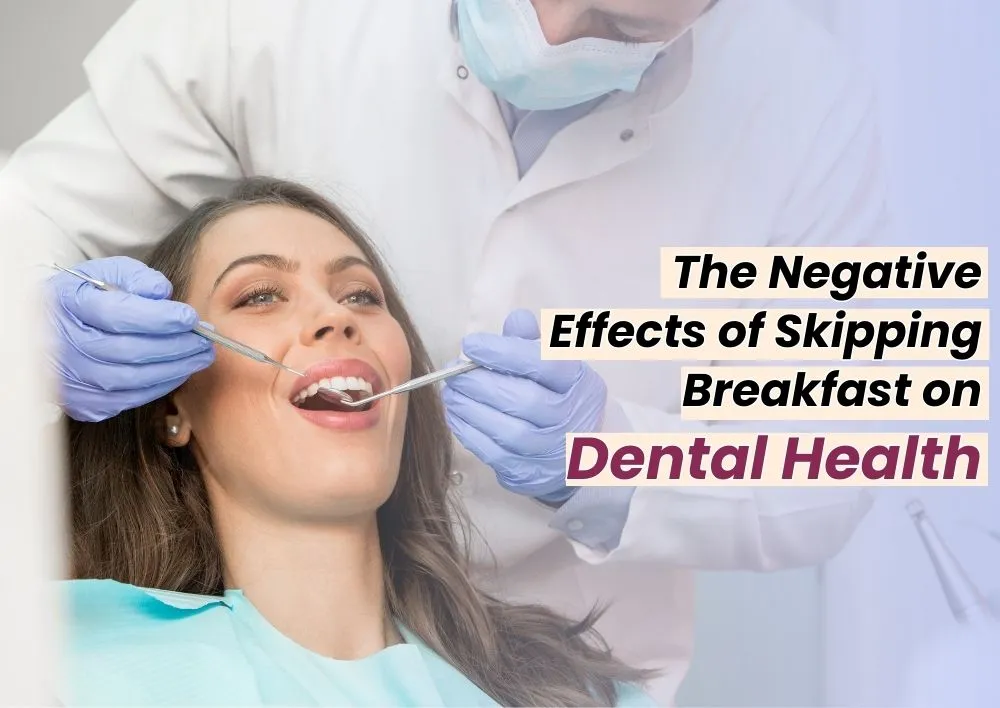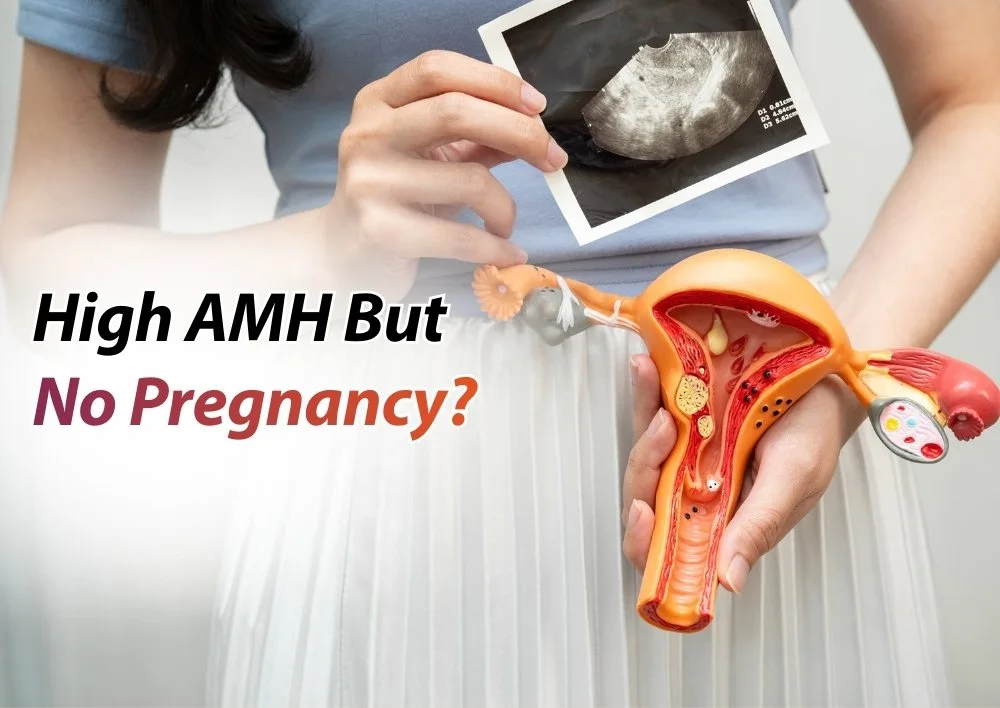The Negative Effects of Skipping Breakfast on Dental Health
Summary
The alarm rings, and your day starts in a rush. From unread emails to endless meetings and heavy traffic, the day starts with a hurry. In all this hurry, breakfast is usually the first thing you skip. It may feel like you are saving time, but the truth is different. Most people think skipping breakfast only causes hunger or low energy. But skipping breakfast may save you minutes, and it could harm your oral health. In this blog, we will explore the negative effects of skipping breakfast on your teeth and gums, and why making time for a healthy morning meal is important for your smile.
Why Breakfast Matters for Your Oral Health
Breakfast is usually called the most important meal of the day, and not just for your body. Eating in the morning gives you energy, balances blood sugar, and kickstarts your day. But what many people ignore is how breakfast also supports your dental health:
-
It increases saliva flow, which helps clean and protect your teeth.
-
It helps balance out the harmful acids that collect in the mouth while you sleep.
-
Breakfast gives your body calcium and vitamin D, helping to strengthen teeth and protect gums.
Research shows a clear link between skipping breakfast and poor oral health. Missing this meal can cause dental issues like bad breath, cavities, and weak gums. When you skip breakfast, your mouth loses these important protective benefits, and your smile suffers in the long run.
How Skipping Breakfast Affects Your Dental Health
Skipping breakfast may seem harmless, but over time, it can create several problems for your teeth and gums. Here are some common dental issues it can cause:
1. Bad Breath
One of the most common and early effects of skipping breakfast is bad breath. In the morning, your mouth is already dry, and when you don’t eat, it stays that way for longer. When your mouth stays dry, it makes it easier for bacteria to grow. These bacteria release a foul smell, which causes bad breath that can last all day. Having breakfast not only reduces this smell but also keeps your mouth feeling fresh.
Dr. Vishwas Bhatia, renowned dentist in Gurgaon at Miracles Mediclinic, says, “When you skip breakfast, you miss the first chance of the day to stimulate saliva flow. Saliva acts as a natural mouthwash, clears out bacteria, and freshens the breath. Eating breakfast is one of the simplest ways to keep your breath fresh and your dental health in check.”
2. More Cavities
If you skip your morning meal (breakfast), the saliva will be produced in a very small amount. Saliva is very important because it washes away leftover food and bacteria. Without enough saliva, harmful acids and germs stay longer on your teeth. With time, this wears down the enamel and raises the chances of tooth decay and cavities. Eating breakfast helps activate saliva flow and protects your teeth naturally.
3. Weak Teeth
Foods such as milk, yogurt, cheese, eggs, and nuts provide calcium, protein, and vitamins that help strengthen teeth. These nutrients protect the enamel, which is the hard outer layer of your teeth. If you regularly skip breakfast, your teeth miss out on these nutrients, becoming weaker and more sensitive. Over time, this can lead to pain, discomfort, and even more dental problems.
4. Gum Problems
A healthy breakfast usually includes fruits, oats, or whole grains. These foods are rich in fiber, which naturally cleans teeth and strengthens gums. When you skip them, plaque can build up along the gum line. This may lead to swollen, red, or bleeding gums, which are early signs of gum disease. Eating a balanced breakfast every morning keeps both teeth and gums strong.
5. Cravings for Junk Food
Skipping breakfast often makes you feel extra hungry as the day goes on. This often leads to unhealthy snacking on sweets, chips, or sugary drinks. The extra sugar feeds bacteria in your mouth, producing acids that attack your teeth. This cycle not only damages your dental health but also makes it harder to control your diet. A nutritious breakfast keeps you full and reduces the craving for junk food.
Healthy Breakfast Concepts for Strong Teeth
If you want to protect your smile, make breakfast a non-negotiable part of your routine. Here are some tooth-friendly breakfast options:
-
Greek yogurt with berries: It is loaded with calcium and antioxidants.
-
Oatmeal with nuts and seeds: It is great for fiber and minerals.
-
Avocado on whole-grain toast is a great source of good fats and important nutrients.
-
Smoothies with leafy greens: It is full of vitamins that support gum health.
-
Eggs and cheese: Excellent sources of protein and calcium.
Conclusion:
Skipping breakfast may feel like a time-saver, but the damage it can cause to your teeth is not worth it. From cavities and bad breath to weakened enamel and gum problems, the effects go far beyond an empty stomach. A balanced breakfast not only fuels your body but also safeguards your smile. Take care of your dental health, and start your day with a tooth-friendly breakfast. If you are worried about cavities, bad breath, or gum problems, don’t wait. Book a dental check-up at a trusted dental clinic near you today and keep your smile healthy for years to come.
Frequently Asked Questions
Yes, skipping breakfast can reduce saliva flow, leading to an increased risk of cavities, bad breath, and weakened enamel.
Yes, lack of nutrients can weaken your teeth and gums, increasing the risk of decay and infections.
Breakfast fuels the body, protects dental health, and keeps energy levels stable throughout the day.
Yes, a dry mouth without breakfast lets bacteria grow, causing bad breath.
Miracles Mediclinic, Gurgaon, is among the best dental clinics, offering expert care and advanced treatments for all dental needs.









.webp)





Was the information useful?
0 0